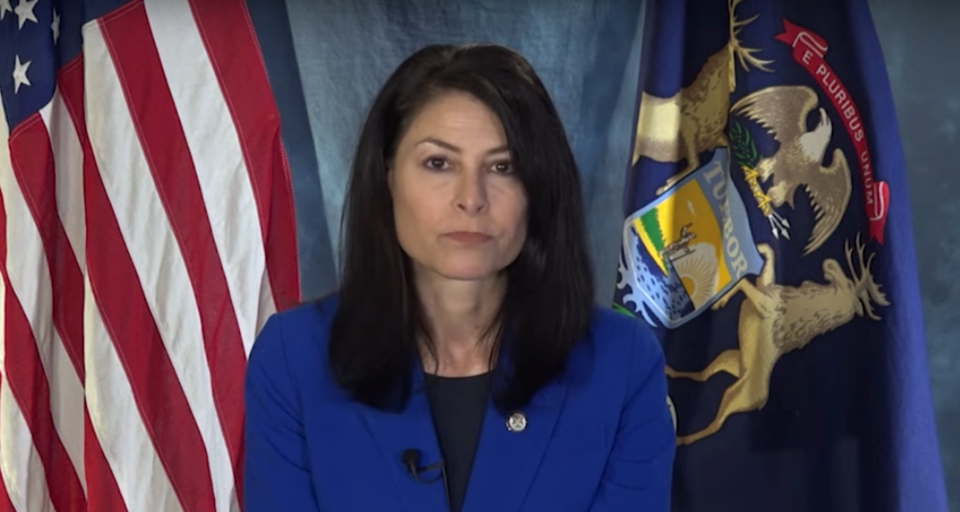NEWS RELEASE
MICHIGAN ATTORNEY GENERAL
*************************
In response to a lawsuit challenging the rights of military and overseas voters, Michigan Attorney General Dana Nessel filed briefs today (PDF) and Monday in the Michigan Court of Claims urging the dismissal of the case (PDF). The lawsuit was filed earlier this month by the Michigan Republican Party, Republican National Committee, and Chesterfield Township Clerk Cindy Berry against defendants Secretary of State Jocelyn Benson and Director of Elections Jonathan Brater.
The Plaintiffs are contesting the Secretary’s instructions that permit spouses or dependents of Michigan military or overseas voters to vote in the State’s elections based on the residency of the military or overseas voter. Ignoring a 1996 statute that expressly permits this practice, plaintiffs argue the Secretary’s instructions violate the Michigan Constitution, a claim refuted by the Attorney General in the briefs.
“The Michigan Republican Party and Republican National Committee’s baseless lawsuit, filed mere weeks before the election, is a deliberate attempt to disenfranchise the families of military and overseas voters,” Nessel said. “Challenging a decades-old statute in this frivolous manner is both irresponsible and abusive. Their actions are a clear attempt to sow doubt about the integrity of the election and suppress the legitimate votes of American citizens. This conduct is unacceptable and warrants sanctions. The Court must dismiss this lawsuit to send a clear message that attempts to undermine our electoral system cannot and will not be tolerated.”
Attorney General Nessel further argues that the Plaintiffs’ claims are barred because they failed to file a timely notice of intent to sue under the Michigan Court of Claims Act. Even if their claims were not time-barred, the Attorney General contends the doctrine of laches applies, as the Plaintiffs have unreasonably delayed for years in challenging these longstanding instructions and laws, causing prejudice to both the Secretary of State and voters. Additionally, she maintains that the Plaintiffs lack standing and that the Secretary’s instructions are consistent with state and federal law.
The Attorney General also requested the Court impose sanctions, asserting the complaint is frivolous, devoid of legal merit, and brought for improper purposes.
*************************



